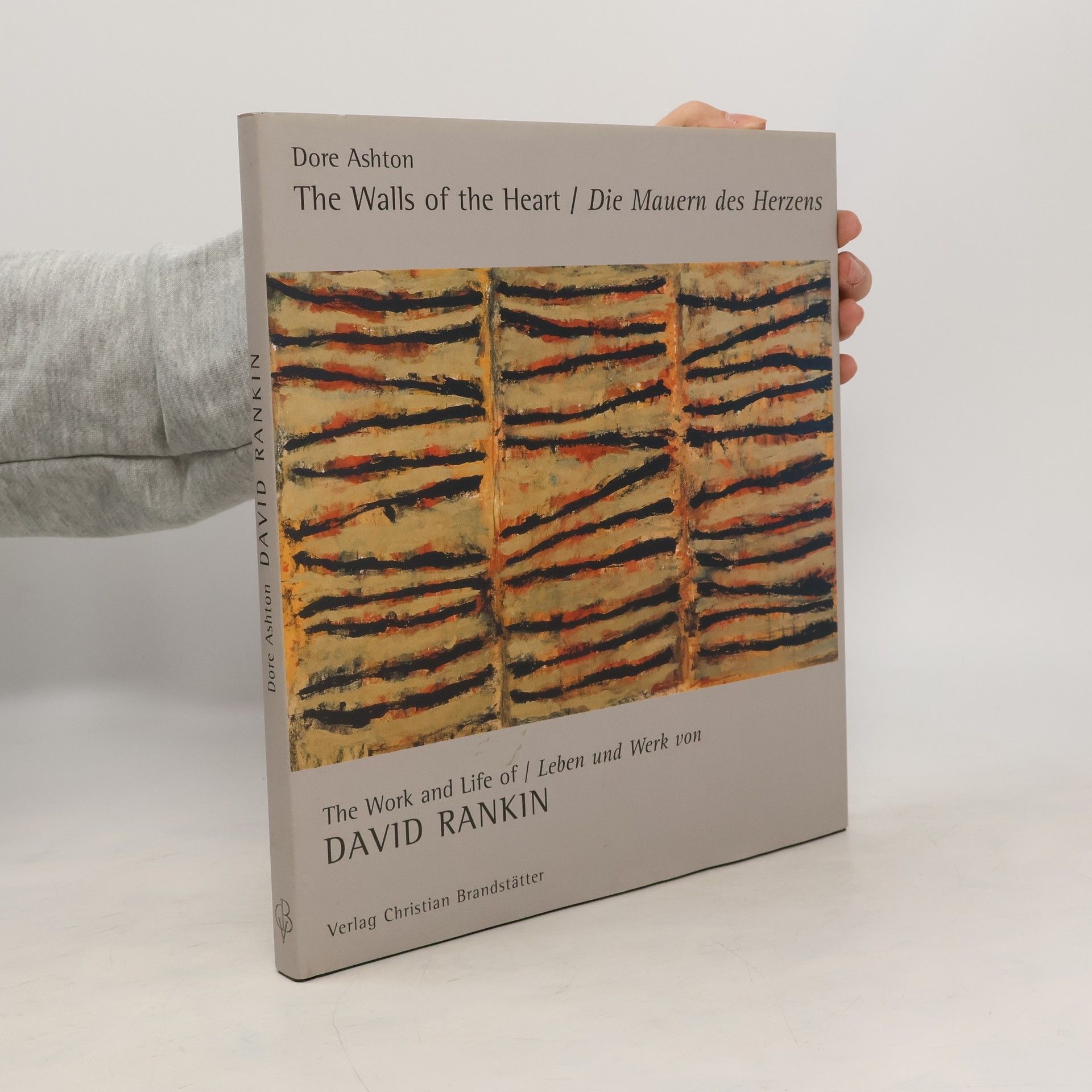Focusing on contemporary popular film, this book delves into the theme of redemption, examining how it is portrayed and its significance in modern storytelling. It analyzes various films to uncover the nuances of redemption narratives, exploring character arcs, moral dilemmas, and the impact of cultural context on these themes. Through detailed analysis, the book highlights the evolving nature of redemption in film and its resonance with audiences today.
David Rankin Book order (chronological)







The Ghost Train
- 760 pages
- 27 hours of reading
The Ghost Train represents the journey of Every-man from darkness to light. Darkness being the realm of ego and of a fractured duality, Light being the Singularity or God: the Entire-Self man has separated him-self from because he wanted to experience being a human-being.
Film and the Afterlife
- 194 pages
- 7 hours of reading
The exploration of post-death existence in popular film delves into themes of continuity, personal identity, and the nature of life after death. It highlights the compelling and universal nature of dying, death, and the afterlife, showcasing how these subjects are frequently revisited in cinema, both directly and indirectly. The book examines various representations and interpretations, offering insights into how filmmakers address one of humanity's most profound concerns.
This collection of edgy erotica combines outstanding female beauty with a dark undercurrent. Known for freewheeling, stylized images of top celebrities, as well as a starkly unconventional aesthetic, Rankin is a dreamweaver second to none.
Tertullianus a církev
- 244 pages
- 9 hours of reading
„Spisy Tertulliana, křesťanského spisovatele ze severní Afriky, představují klíčový krok ve vývoji církevních struktur od proměnlivých konceptů druhého století k ustálenějším formám třetího století. David Rankin, teolog a expert na starokřesťanskou literaturu, čtenáře zavádí do složitého světa, v němž se křesťanská církev rozvíjela. Nezůstává pouze u nuancí eklesiologie, ale zkoumá širší historickou situaci afrických církevních obcí, Tertullianův vztah k katolické církvi a montanistickému společenství, a zejména jeho spojení s hnutím Nového proroctví. Vytváří tak plastický obraz doby a myšlenkového horizontu. Hlavní přínos jeho práce spočívá v systematickém rozboru Tertullianova chápání základních znaků církve, církevních úřadů a bohoslužebné kázně. Autorův rozbor pojetí charismat a úřadů založených na „vanutí Ducha“ se ukazuje jako aktuální. Rankinovo pojetí Tertulliana navazuje na starší, v našem prostředí méně známé práce, které autor tvořivě rozvíjí. Čtení jeho knihy tak slouží jako úvod nejen k Tertullianovi a jeho dílu, ale i k dějinám tertullianovského bádání.“